
From the first independent currency, to the milestones of currency unification, capital flows for national projects, to strong digital transformation steps, the banking industry has always been steadfast in its goal of accompanying the country's development.
On the occasion of the whole country joyfully celebrating the 80th anniversary of National Day (September 2, 1945 - September 2, 2025), Nhan Dan Newspaper reporters interviewed the Permanent Deputy Governor of the State Bank of Vietnam Dao Minh Tu, to look back at the outstanding achievements of the banking industry as well as the strategic vision to 2045 - a milestone towards the 100th anniversary of National Day.
Reporter: Looking back at the development of the Vietnamese banking industry, we can see that the entire industry has achieved many outstanding achievements, contributing to stabilizing the macro economy , controlling inflation, promoting growth, and affirming the vital role of the industry in the cause of building and developing the country. So, could the Deputy Governor share more about the contributions of the State Bank in the management of monetary policy and banking activities in the cause of developing the country over the past nearly 80 years, sir?
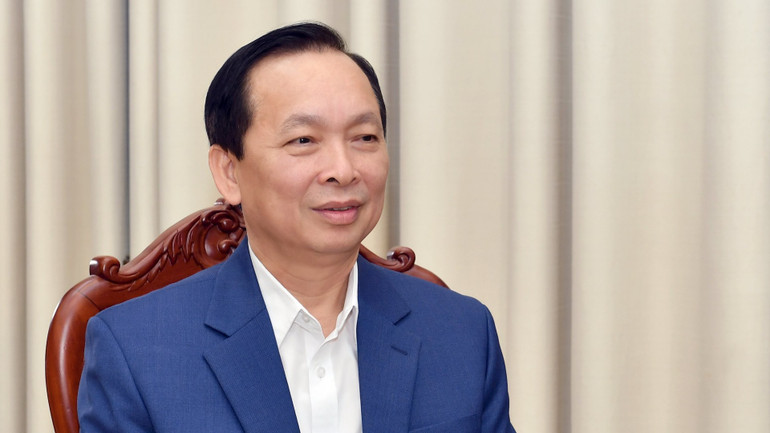
Deputy Governor Dao Minh Tu: Along with the process of innovation, deep international integration and national development, the banking sector has undergone profound innovations, especially in the field of planning and implementing monetary policies. The State Bank has also gradually improved and innovated monetary policy tools, increasingly approaching the operations of a modern central bank, in line with international practices as well as the development trends of the country's economy.
In addition, in a developing economy, the banking system is the main channel of capital supply for the economy. Therefore, monetary policy has also played a role as one of the important macroeconomic policies of the Government in promoting economic growth and moving towards rapid and sustainable economic development.
Throughout its history, the State Bank has always been steadfast and consistent with the goal of controlling inflation and stabilizing the macro-economy, considering this one of the top priorities in the process of conducting monetary policy. A stable macro-economy and controlled inflation are also very important premises for the country's economic development as well as consolidating a solid foundation, maintaining the confidence of investors, the business community, and the people in the business environment; thereby helping to attract domestic investment capital, mobilize foreign investment capital, and optimally allocate resources for the development needs of the socio-economy.
Monetary policy management can be said to have contributed to achieving outstanding results in the country's socio-economic development. Some of the main goals achieved can be summarized as follows: Firstly, inflation has been successfully controlled in accordance with the goals set by the National Assembly and the Government every year, ensuring a stable inflation period. Over the past 10 years and the period before, the goals to control monetary inflation have also achieved the figure below 4.5%/year set by the National Assembly for many years. This is one of the biggest and most important political goals, the basic foundation for creating economic stability as well as creating stability in the value of money, creating confidence for the economy, domestic and foreign investors.
Second, ensure liquidity of the credit institution system, support adequate and timely capital supply to meet production and business needs, and support socio-economic development in all sectors of the economy.
Third, the money market operates relatively stably, the lending interest rate level is always controlled and operated in the direction of gradually reducing interest rates to support businesses, borrowers and directly support economic growth.
Fourth, the exchange rate has been and is being managed in a way that ensures stability, does not cause disruption, ensures a reasonably balanced foreign exchange market, creates confidence for domestic and foreign investors as well as creates confidence in the stability of the currency value.
Fifth, in the context of increasing global risks and many countries in the world being continuously downgraded due to the negative impact of the recent Covid-19 pandemic, international credit rating organizations highly appreciate and upgrade the international credit rating of Vietnam due to our relatively stable macro foundation and positive growth potential.
Reporter: In the atmosphere of the whole country celebrating National Day, looking back at the period when the country was still divided, can the Deputy Governor share how the State Bank has carried out its political, financial and monetary tasks to contribute to the common victory of the nation?
Deputy Governor Dao Minh Tu: Looking back at the great and long-term resistance war of the nation, for the banking sector, after the Geneva Agreement in July 1954, the two regions of the South and the North were temporarily divided. It can be said that during this period, the State Bank undertook an extremely special mission and became the financial lifeline of the revolution, meeting the needs of national construction in the North as well as effectively supporting the southern battlefield, providing a very important source of foreign currency as well as financial resources.
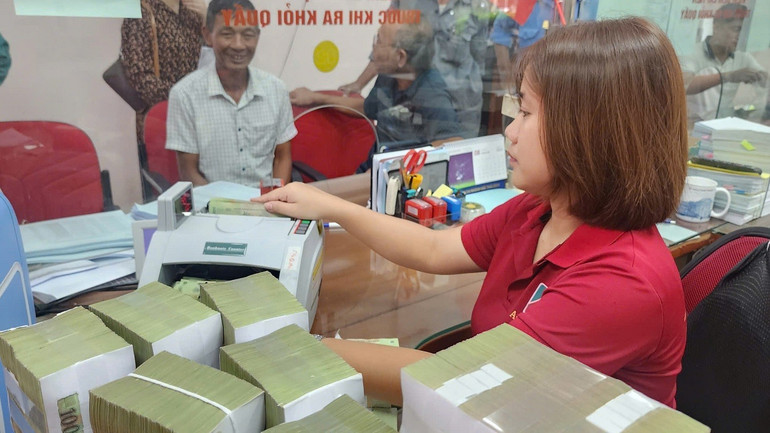
For the North at that time, the banking system had maximized its roles and effective tools of the Party and State in the management and regulation of national currency and credit, contributing significantly to economic stability as well as production development and gradually building the foundation for banking activities to approach the orientation of socialism. During this period, banking activities focused on capital mobilization, credit, cash supply, liquidity creation as well as conditions for food production, areas that created a solid rear for the South as well as ensured a stable life for the people in the North.
We see that, through the promulgation and synchronous implementation of financial and credit policies suitable to war conditions, the banking sector has also proactively mobilized all resources from the people, cooperatives, and former state-owned economic sectors. Bank credit capital flows have been mobilized very actively with the enthusiasm and responsibility of each person and each socio-economic organization in the northern region to bring that money to where it is needed, especially in the development of cooperative economy, farm economy, mechanical factories to key infrastructure projects of the economy in the early industrialization period in the north.
Production investment credit, agricultural extension credit, and savings credit activities have also contributed to the formation of a self-reliant economy, gradually breaking away from the subsidy mechanism and moving towards a socialist finance-banking system. It can be said that this is an extremely important stage, a premise for the subsequent development of the banking industry.
As for the south, on the front line, the silent soldiers of the banking industry also participated in the resistance war for national liberation. Although extremely silent, in the field of financial and monetary fronts, they also contributed their efforts and made great sacrifices, overcoming bombs and bullets, those silent soldiers created resources and provided resources to support the southern battlefield. All of those activities wrote a legendary path, which was the secret money transfer path to support financial resources for the southern battlefield, from 1959 until the liberation day in 1975.
Looking back, it can be affirmed that the State Bank has also excellently fulfilled its political tasks in finance and currency during the special period of the country, not only ensuring finance for the resistance war, the banking sector also contributed to creating the foundation of monetary independence, economic and financial sovereignty, contributing to the Great Victory of Spring 1975, unifying the country and unifying the national currency.
Reporter: In the vision to 2045 when the country celebrates the 100th anniversary of National Day, what strategic goals has the State Bank set, Deputy Governor?
Deputy Governor Dao Minh Tu: Looking towards the vision of 2045, the State Bank also identifies the strategic goal of continuing to firmly adhere to the leadership of the Party, while promoting proactiveness, positivity, creativity and high responsibility, closely coordinating with ministries, branches and localities to best implement the common development goals of the country. In that spirit, the State Bank also sets out a number of goals and orientations for the banking sector to realize the aspiration of making Vietnam a rich, prosperous and high-income country by 2045.
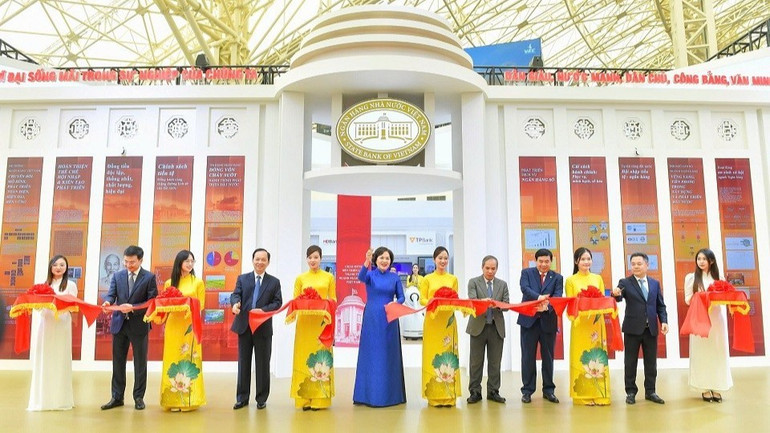
In the banking sector development strategy that the State Bank has built, it can be said that the basic contents have been set out: First, innovation and improvement of institutions. Second, continuing to closely monitor and forecast the domestic and international economic situation to advise and promptly report to the Government, the Prime Minister and appropriate decisions in the management of monetary policy in a proactive, flexible, timely, effective manner, coordinated synchronously, harmoniously, closely with fiscal policy as well as other macroeconomic policies to control inflation, contribute to stabilizing the macro economy, supporting growth to achieve the double-digit target in the next term.
Third, credit management must be consistent with macroeconomic developments and inflation, as well as the economy's capital absorption capacity, to contribute to promoting economic growth.
Fourth, continue to invest in upgrading and developing information technology infrastructure and modern payment infrastructure. In addition, strengthen inspection and supervision to ensure safety and security of payment activities as well as banking services, satisfying the increasingly high demands of businesses and people in the coming time.
Reporter: Previously, on the occasion of the 70th anniversary of the establishment of the Vietnamese banking sector, the State Bank launched the book "History of Vietnamese currency". Regarding the document, which is considered a chronicle of the national currency, could you please share more about the significance of this special work?
Deputy Governor Dao Minh Tu: Talking about money, from a historical perspective, it is not simply a means of payment but also a mirror reflecting the political, economic, social and cultural context of each period. From ancient feudal coins to revolutionary banknotes issued during the resistance war, to unified coins after 1975 until now, all tell stories about national independence, about the aspiration for national unification, about the journey to build an independent and autonomous financial and monetary system of the nation. The book "History of Vietnamese Currency" is one of the special milestones of profound significance for the banking industry and we have also cherished and prepared for it, putting a lot of effort into it for a long time.

In particular, in this book on the history of money, we chose the historical milestone of money from 968 after Dinh Bo Linh defeated the 12 warlords and unified the country to establish a new dynasty and named the country Dai Co Viet and in 970 issued the first coin named Thai Binh Hung Bao. This coin has been around for more than 1000 years, and we have also gone through historical periods and stages. It can be said that there have been thousands of coins issued throughout history, which have been recorded and collected in the book "History of Vietnamese Money". And we believe that this is not only a scientific document but also a valuable intellectual heritage of special historical, cultural and economic value, vividly reflecting the development journey of the country through the lens of money.
Reporter: Thank you very much, Deputy Governor!
Source: https://nhandan.vn/nganh-ngan-hang-kien-dinh-muc-tieu-dong-hanh-phat-trien-dat-nuoc-post905068.html



![[Photo] Chairman of the National People's Congress of China Zhao Leji visits the Ho Chi Minh Mausoleum](https://vphoto.vietnam.vn/thumb/1200x675/vietnam/resource/IMAGE/2025/9/1/45b2a2744fa84d27a59515b2fe53b42a)
![[Photo] Ho Chi Minh City is filled with flags and flowers on the eve of National Day September 2](https://vphoto.vietnam.vn/thumb/1200x675/vietnam/resource/IMAGE/2025/9/1/f493a66401844d4c90919b65741ec639)
![[Photo] President Luong Cuong receives Chairman of the House of Representatives (Lower House) of the Republic of Belarus Igor Sergeyenko](https://vphoto.vietnam.vn/thumb/1200x675/vietnam/resource/IMAGE/2025/9/1/a67d61e41405410999a43db45a0ba29c)
![[Photo] General Secretary To Lam holds talks with First Secretary and President of the Republic of Cuba Miguel Diaz-Canel Bermudez](https://vphoto.vietnam.vn/thumb/1200x675/vietnam/resource/IMAGE/2025/9/1/a2eab2ee4e4a4a81a8c605e46055ab78)
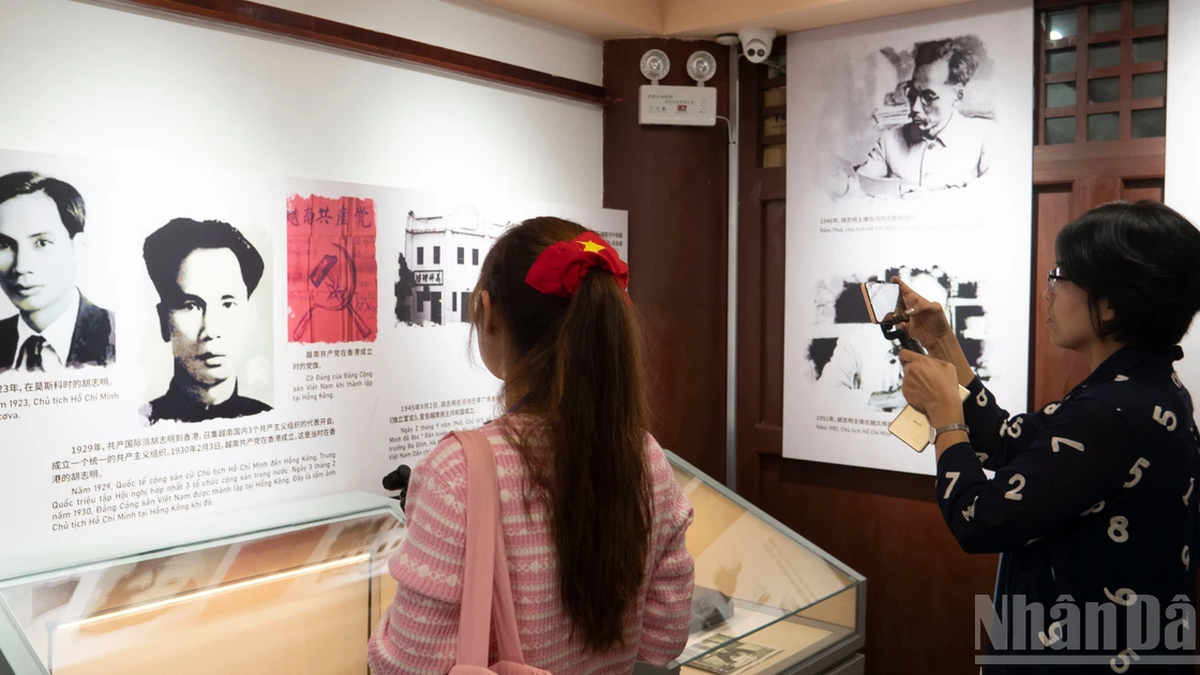
![[Photo] General Secretary To Lam presides over the welcoming ceremony for First Secretary and President of Cuba Miguel Diaz-Canel Bermudez](https://vphoto.vietnam.vn/thumb/1200x675/vietnam/resource/IMAGE/2025/9/1/4f6ef5136b90463db3ebdd3d3d83ebe4)


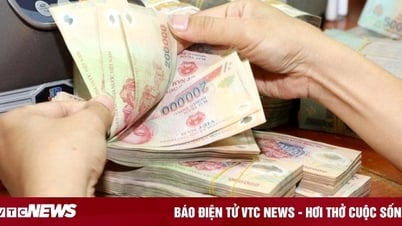

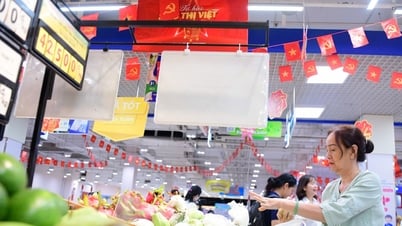
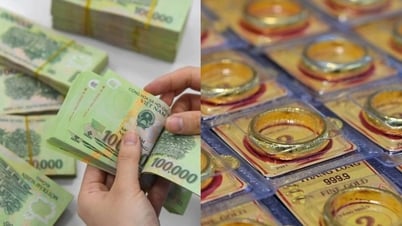

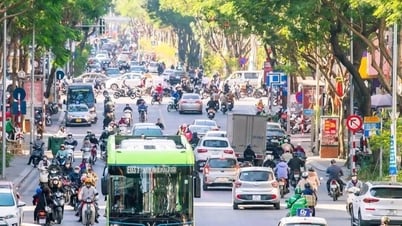





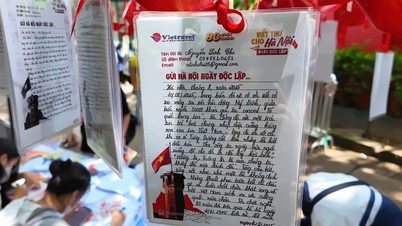

![[Photo] Ho Chi Minh City is filled with flags and flowers on the eve of National Day September 2](https://vphoto.vietnam.vn/thumb/402x226/vietnam/resource/IMAGE/2025/9/1/f493a66401844d4c90919b65741ec639)


![[Photo] Chairman of the National People's Congress of China Zhao Leji visits the Ho Chi Minh Mausoleum](https://vphoto.vietnam.vn/thumb/402x226/vietnam/resource/IMAGE/2025/9/1/45b2a2744fa84d27a59515b2fe53b42a)
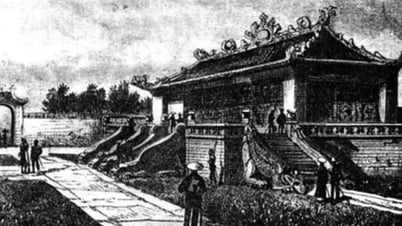

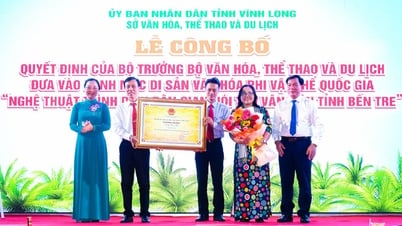








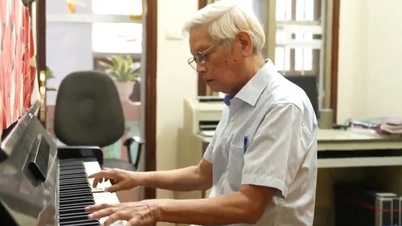












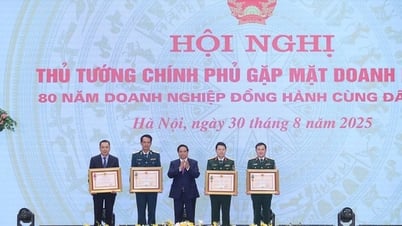
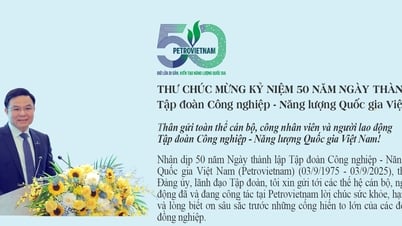

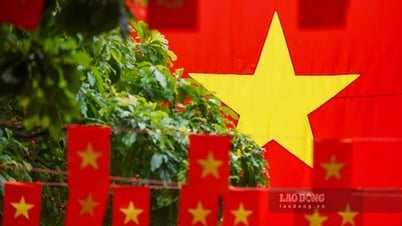

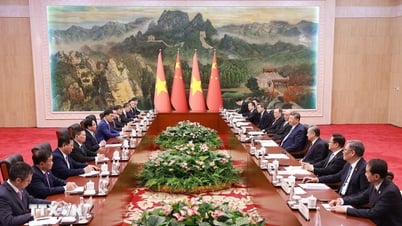

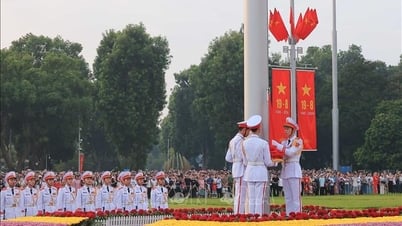

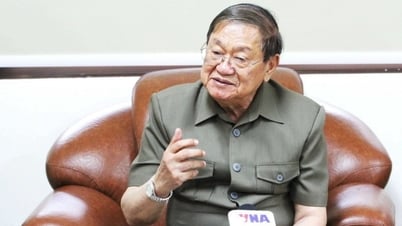





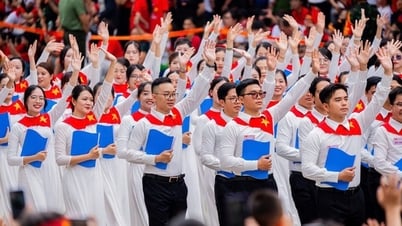



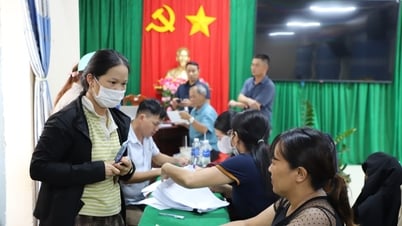










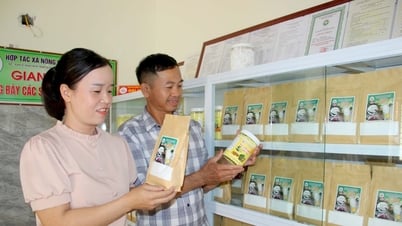



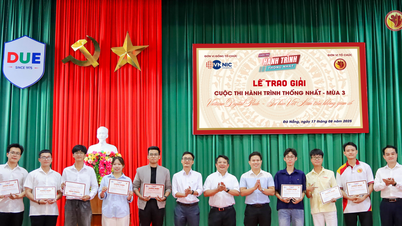






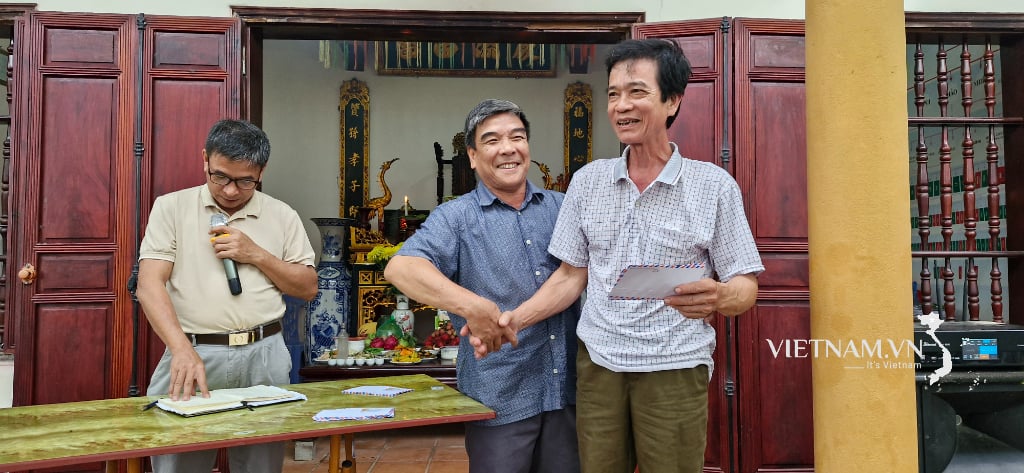
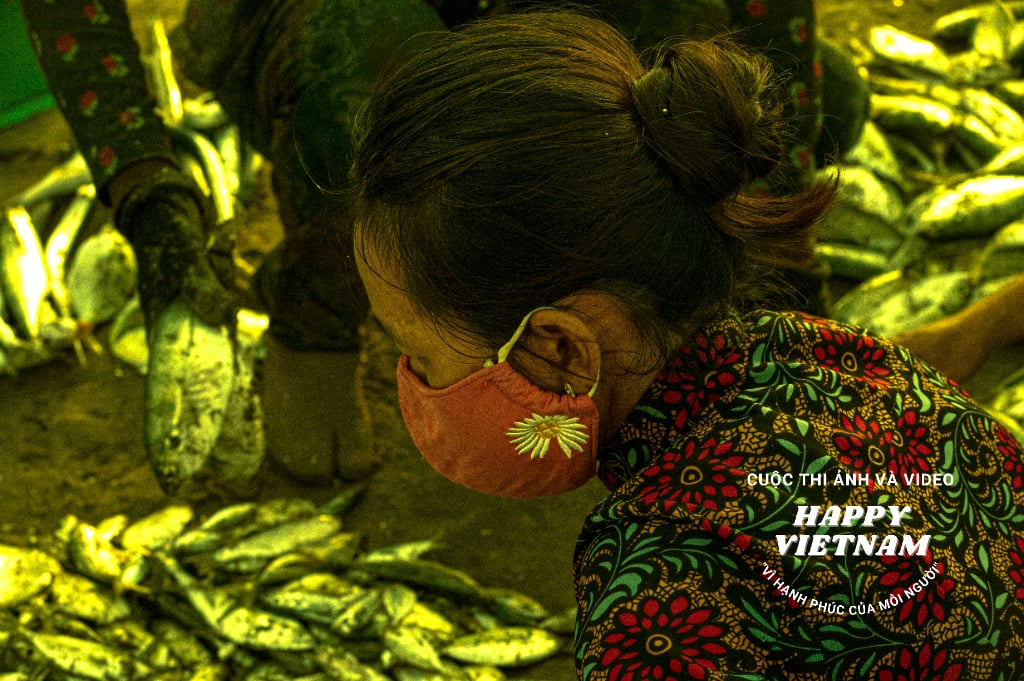

Comment (0)